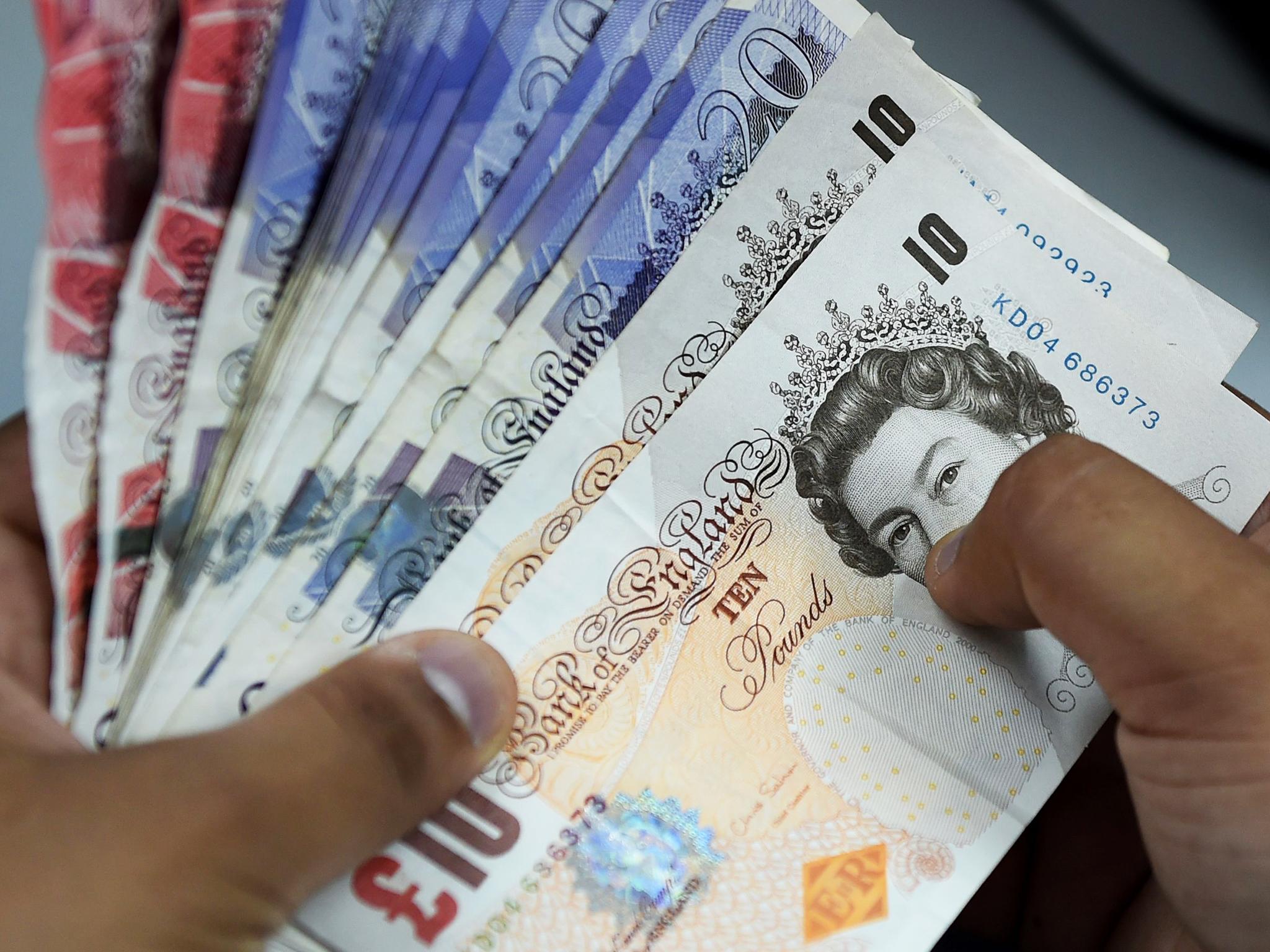Sterling extended gains on Thursday on the back of a weak dollar but remained well below highs hit in the previous session due to uncertainty over the progress of the Brexit negotiations, while broader concerns over trade wars kept a lid on risk appetite.
The British currency drifted 0.3 percent higher to $1.2942 but remained below a three-day high of $1.2983 hit in the previous session. Against the euro, it rose by a quarter of a percent to 89.97 pence.
“Brexit negotiations are front and centre for markets, and despite yesterday’s headlines the near-term uncertainty is going to persist,” said Valentin Marinov, head of G10 FX strategy at Credit Agricole in London.
A Reuters poll showed that sterling could rise as much as 6 percent in a year, but a no-deal Brexit could see it falling as much as 8 percent from current levels.
Overnight news reports that German Chancellor Angela Merkel’s government is preparing for all Brexit scenarios, including a no-deal, weighed on sentiment on Thursday.
Irish Prime Minister Leo Varadkar said on Thursday Dublin had not received any indication of “dramatic moves” by either side towards progress in the Brexit talks.
The British currency remains one of the most shorted among major currencies, along with the yen and the Swedish crown, and any slightly positive headline on the progress of the Brexit negotiations tends to elicit a big market reaction.
As a result, more investors are wary of shorting the currency aggressively.
In the eighth installment of a survey that began in 2016 by State Street Corporation, the proportion of investors who expected their holdings of UK bonds, stocks and alternatives to remain constant over the next six months remained at 55 percent, indicating the broader investor base is adopting a cautious stance.
Trade concerns also weighed on sentiment after U.S. President Donald Trump threatened fresh tariffs on another $200 billion worth of Chinese imports.
Chinese stocks were in the red as Beijing said it would be forced to retaliate if the United States implements any new tariff measures.













